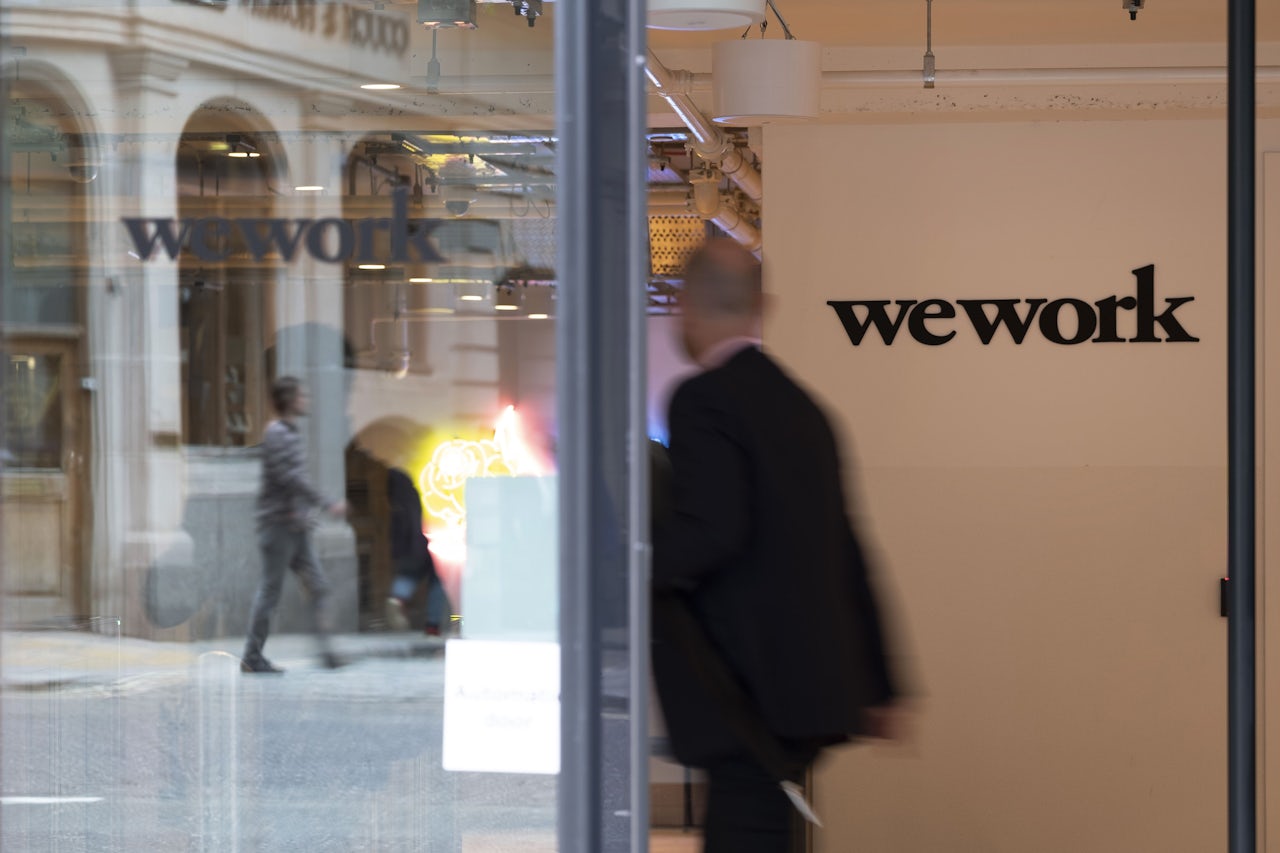This decade began as one belonging to the “unicorns,” — not the horses with big pointy things on their heads but the billion-dollar privately held companies that were able to duck questions about profitability in favor of seemingly endless growth and funding. Investors, fat with capital to dole out after the Great Recession and thirsty for a new Facebook or Google, were happy to keep paying to make that happen.
But unicorns may be a fantasy of the past. The venture capital firm First Round Capital conducts an annual “State of Startups” survey that gets passed around widely in Silicon Valley. Its 2019 findings, published today, are grim. Over two-thirds of startup founders, more than ever before, believe that we are in a tech “bubble.” Sixty-five percent of founders believe that it’s going to be harder for them to raise money next year, up 20 percent from last year’s survey.
Across the country on Wall Street, there are those who share these entrepreneurs’ new pessimism. In a note reported on last week by Business Insider, Bank of America’s research division suggested that recent shifts in the market could produce a lot of pain and “volatility” in the coming year.
Let’s call it the “WeWork effect.”
For some context, new companies, especially startups from Silicon Valley, were able to raise substantially more money from private investors in the past decade than they were in previous years. This continued to be the case even as these companies, like Uber and WeWork, got bigger and bigger, approaching the size at which they’d traditionally need make a public stock offering in order to raise the necessary cash to keep growing. As Bloomberg columnist Matt Levine frequently says, “private markets are the new public markets,” meaning that these companies are able to tap the same kinds of large investors as they would if they were publicly-traded without actually going public.
WeWork is the poster child for how this new funding scheme can go terribly wrong. The office leasing company was able to notch a $47 billion private market valuation thanks to a single investor, the Japanese conglomerate Softbank. But as the world saw in September, when WeWork actually made moves for a public stock offering, investors were scared off by the staggering losses on WeWork’s books. Ultimately, the company was thrown a nearly $10 billion bailout, and its floppy-haired CEO was shoved out.
The trickle-down effect, as Bank of America sees it, looks something like this: some of the biggest investors in large private companies — businesses like the food delivery service DoorDash or the creepy data sponge Palantir — are private equity firms and other asset managers who are financed by larger entities like pension funds. Roughly a quarter of pension fund holdings are now in private equity (three times what they were in 2006, before the last recession, according to BoA), which means that in the event of any real economic stress, those funds would have to sell off their more “liquid” holdings — stocks, including those of many companies that were until recently private companies are not yet consistently profitable. This sell-off is what BoA suggests might produce substantial pain in the stock market in the coming year.
It’s too early to say if a WeWork effect has yet had any real impact on the market. It’s only been a couple months since the company’s sudden implosion, and any real changes in investor behavior will take more time to become apparent. But there are some warning signs. A nifty series of charts published by the Wall Street Journal this week shows that not a single unicorn company that went public this year has outperformed the averages of either the NASDAQ or S&P 500 stock indexes. Not Pinterest, Uber, Lyft or any of the other 10 unicorns that made their stock market debut in the last 12 months.
The economy is a land of contrasts. On the one hand, this past summer and autumn were dominated by headlines about RECESSION FEARS, driven by anxiety about a combination of rising debt levels and whatever Trump was doing with trade policy. On the other hand, investors have chilled out a bit about the possibility of a recession, according to a recent survey of fund managers, because neither the debt or the trade stuff seem all that risky right now.
But beyond the seesawing over whether there will be a recession in the near-ish future, there are strong causes for concern about what’s happening in the economy. The swift reversal of fortune for SIlicon Valley startups is one such candidate. What was just a few years ago considered the beating bionic heart of the American economy is now struggling to find financial footing. Not great, Bob!
